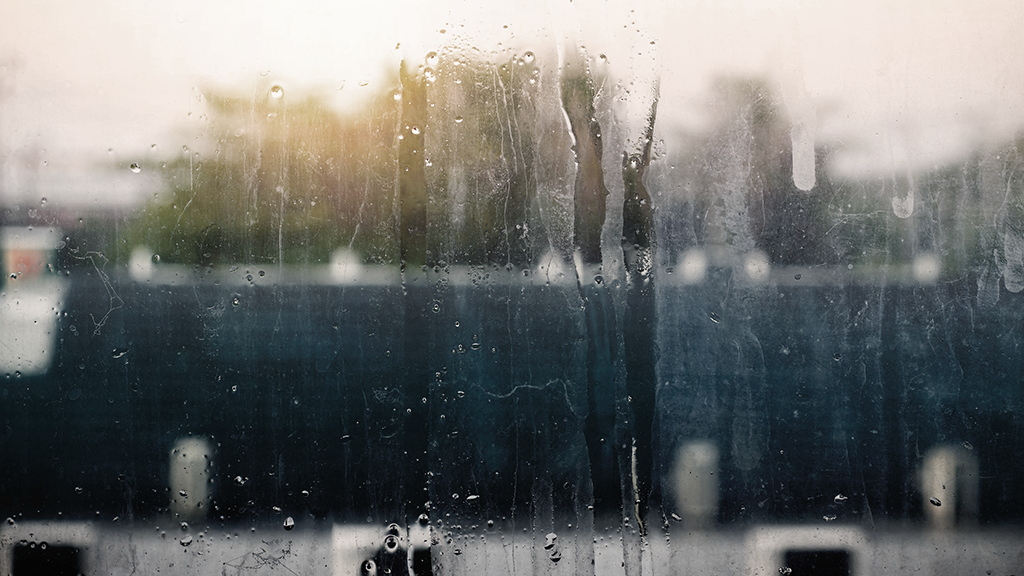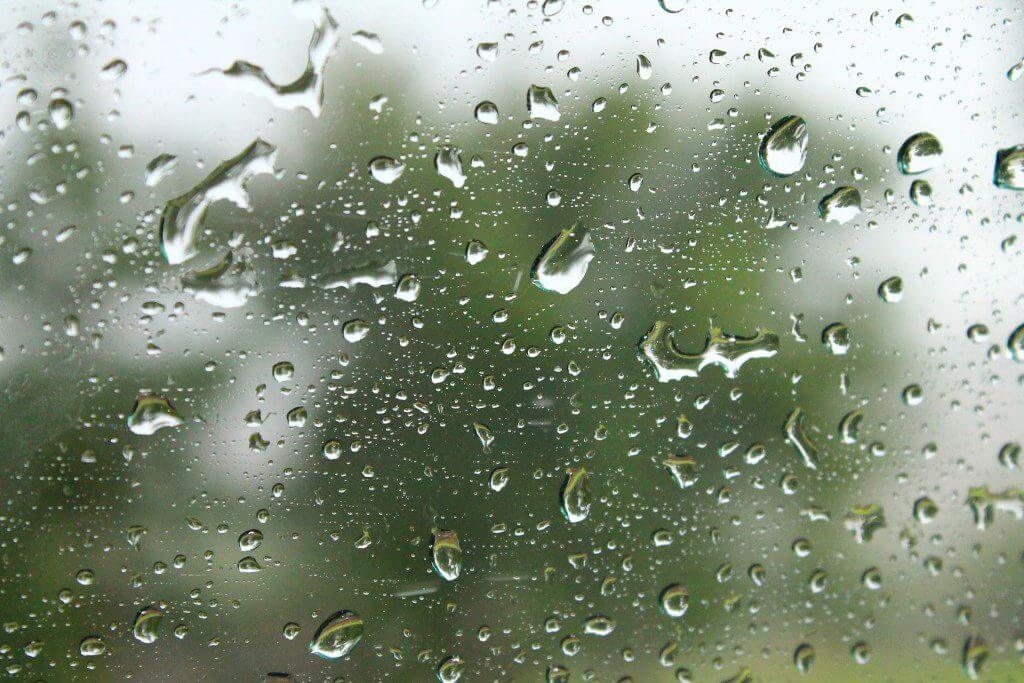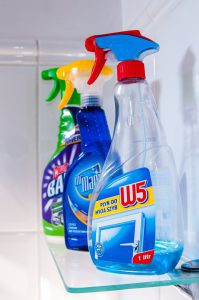
Mineral Staining consists of milky white spot stains that appear on the surface of the glass. This chemical reaction is brought about by the build-up of different minerals and alkaline in water. These are water-borne chemicals that may often leave permanent stains on glass surfaces.
 Mineral stains are very difficult to remove but can easily be prevented by immediately drying or wiping off the droplets or water, especially those that remain near the glass shower doors and around the sinks or faucets.
Mineral stains are very difficult to remove but can easily be prevented by immediately drying or wiping off the droplets or water, especially those that remain near the glass shower doors and around the sinks or faucets.
Different chemical reactions cause mineral staining such as:
- Hard water can precipitate lime and scum deposits on glass surfaces, glassware, fiberglass, porcelain, stainless steel, tile, and enamel; among others. You can prevent this from happening by installing a water treatment system. More so, hard water when in contact with soaps or other minerals can increase staining. Or scaling formation in sinks and bathroom fixtures.
- Magnesium and calcium content in hard water can also trigger limescale. Or hard film build-up that creeps on kitchen and bathroom fixtures as well as equipment. That most often exposed to water.
- Metallic stains may also appear when your glass surfaces come in contact with manganese and iron that leave blackish or brownish stains.
- Acidic water can cause corrosive damage to fixtures and plumbing.
- Copper and brass fittings can leave green and blue stains on your plumbing fixtures.
Here are some tried-and-tested tips on cleaning up or removing mineral stains on glass surfaces:
 Simply wiping or drying up shower doors after use can remove streaky white stains etched on glassware.
Simply wiping or drying up shower doors after use can remove streaky white stains etched on glassware.- Install water softening equipment to avoid the harsh effects of hard water on your fixtures.
- The use of cleaning solutions with sequestrants like Calgon has proven effective in the reduction of staining properties as it deactivates the mineral components in water that can cause staining.
- Acidic cleaners like lemon juice, oxalic acid, white vinegar, and sulphuric and hydrochloric acids effective in removing iron rust stains and eliminating discoloration. Cream of tartar which considers a mild acid can mix with water to fight off stains.
- Chlorine bleach can also use to remove stains but must not leave on fixtures for prolonged periods to prevent dulling of surfaces, especially in porcelain.
- All-purpose cleaners or nonabrasive types of cleaners are good for regular clean-ups. These are safe to use and do not leave scratches on the surface. Even when the solution left on the surface for long periods of time.
Keeping your glass surfaces and equipment in mint condition can be a lot of work especially. If you have no extra hands to help you out in managing a home. Prevention is certainly way better than cure –even when keeping your glass fixtures in sparkling condition.
In this case, cleaning up excess water in spaces prone to rusting or staining certainly pays off in the end. You can prevent permanent staining on your bathroom and kitchen fixtures by making sure that you have the right cleaners at hand and that you are able to effectively clean and wipe as you go about your daily grind.
